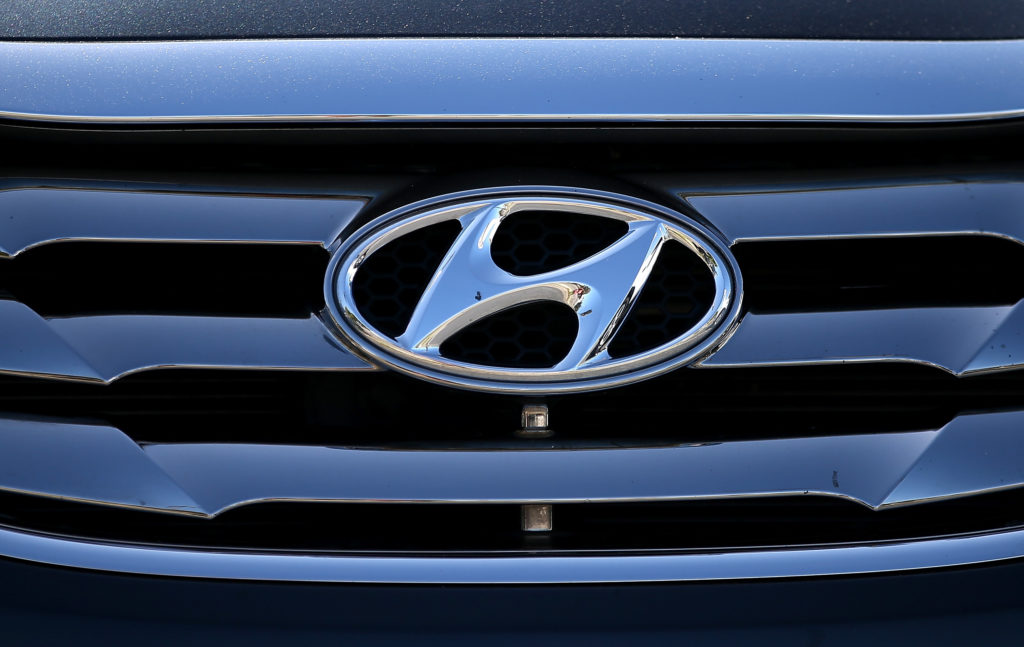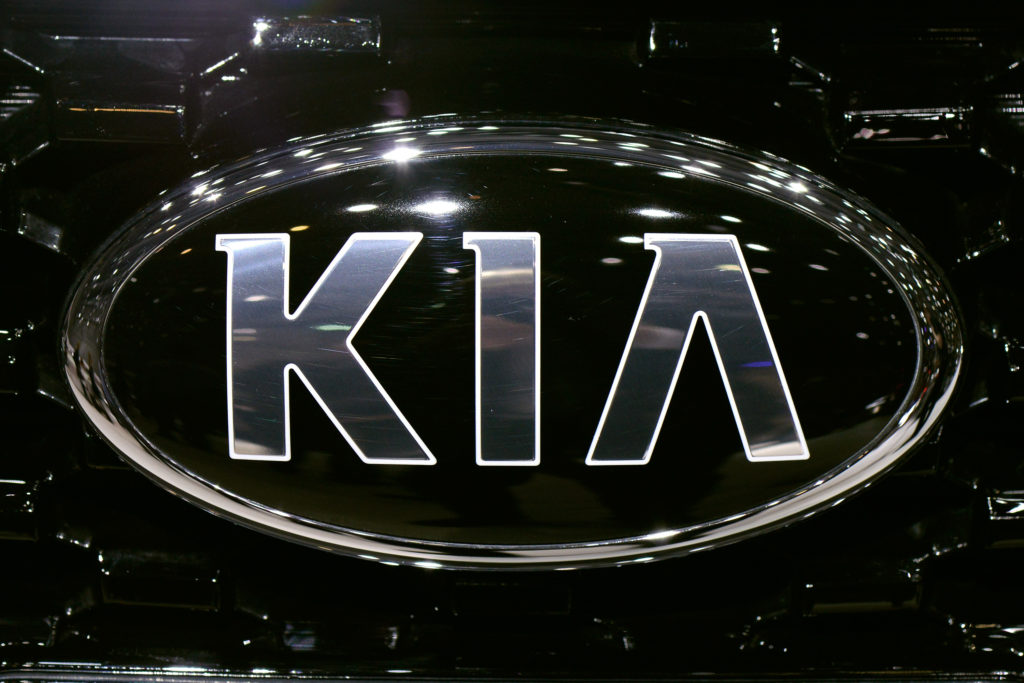

Hyundai and Kia owners need to be very aware and pay close attention to their cars and their own safety after a new recall was just issued. Both Hyundai and Kia corporations are telling the owners of nearly 500,000 vehicles in the U.S. to park their cars outdoors because they can catch fire even when parked.
Yes, even when parked.
The recalls from the two Korean automakers are another in a long string of fire and engine failure problems that have dogged the companies for the past six years – some of which also involved warnings that vehicles should be parked outside due to the risk of fire.
The problem is that, due to "foreign contaminants," the anti-lock brake computer control module can short circuit and possibly start a fire in the engine compartment. Hyundai issued a recall for the 2016-2018 model year Santa Fe SUVs, 2017-2018 Santa Fe Sport SUVs, 2019 Santa Fe XL models, and 2014-2015 Tucson SUVs.
Kia is recalling 2016-2018 K900 sedans and 2014-2016 Sportage SUVs. In total, Hyundai is recallng 357,830 vehicles while Kia is recalling 126,747.
Dealers will inspect the vehicles' anti-lock braking control module, a small computer system that controls the vehicle's emergency anti-lock braking system, and may replace it with a new one.
Dealers will also replace a fuse that controls the electric current to the anti-lock braking control unit at no cost to owners. The new fuse will reduce the amount of power going into the module.
The automakers say they have 11 reports of fires in the U.S. but no injuries.
The National Highway Traffic Safety Administration says owners can go www.nhtsa.gov and enter their 17-digit vehicle identification number to see if their automobile is being recalled.
Hyundai said that when it finds a safety defect “we act swiftly and efficiently to recall the vehicle and fix the problem at no cost to affected customers.”
Kia said there are warning signs that drivers could see or smell. The antilock brake warning light could come on, and they could smell something burning or melting, or see smoke coming from the engine compartment.
According to the Associated Press, this most recent recall came after U.S. National Highway Traffic Safety Administration stepped up a series of investigations into engine compartment fires that have plagued the Korean automakers.
In December, the agency consolidated two investigations from 2017 into a new engineering analysis that covered more than 3 million vehicles from the 2011 through 2016 model years. At the time, NHTSA had received 161 complaints of engine fires, some of which occurred in vehicles that had already been recalled.
The first recall from the companies related to engine failures and fires reaches to September 2015. Since then they have issued at least eight more recalls for a host of engine problems, according to NHTSA documents.
The agency said it’s evaluating whether previous recalls covered enough vehicles. It also will monitor the effectiveness of previous recalls “as well as the long-term viability of related programs and non-safety field actions being conducted by Hyundai and Kia.”
At the time, the automakers said they have undertaken numerous recalls to address engine issues, including recalls, new engine monitoring technology and providing extended warranties.
Hyundai said that when it finds a safety defect "we act swiftly and efficiently to recall the vehicle and fix the problem at no cost to affected customers."









